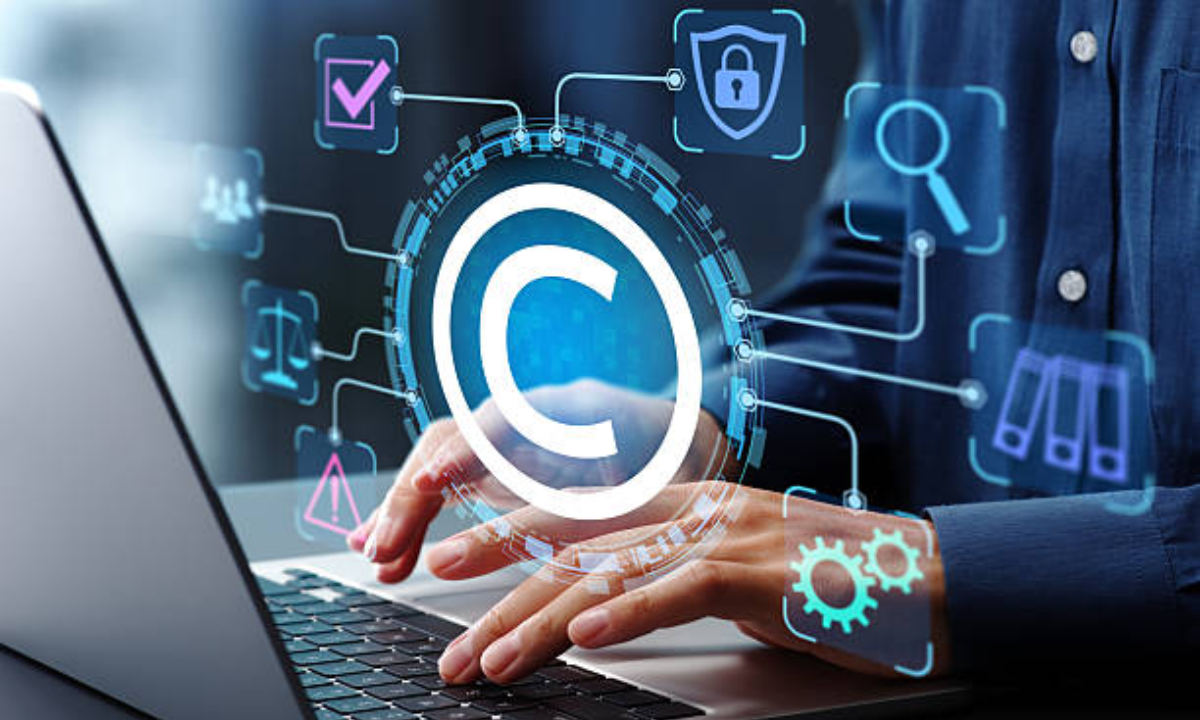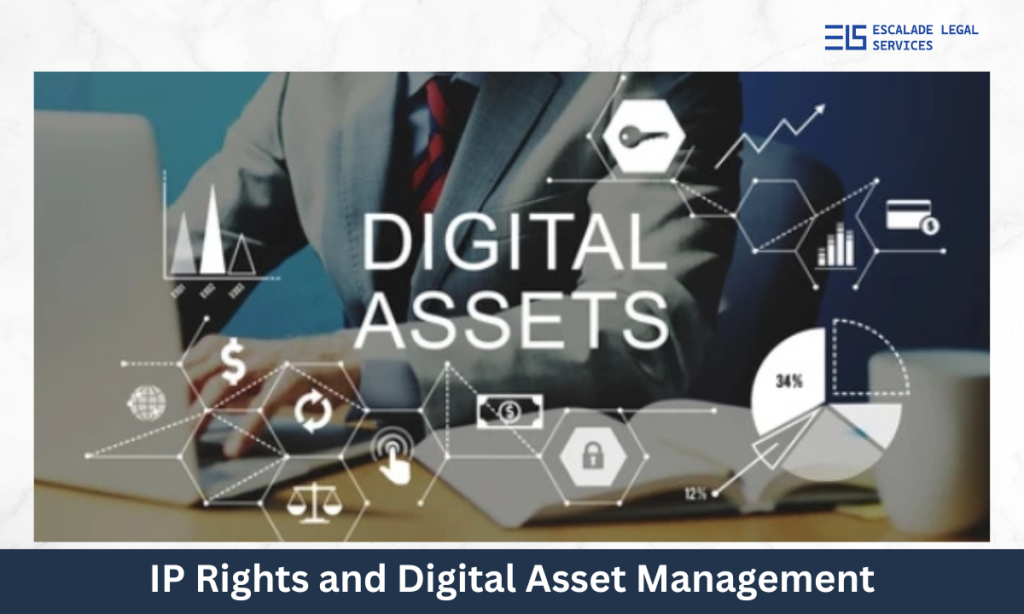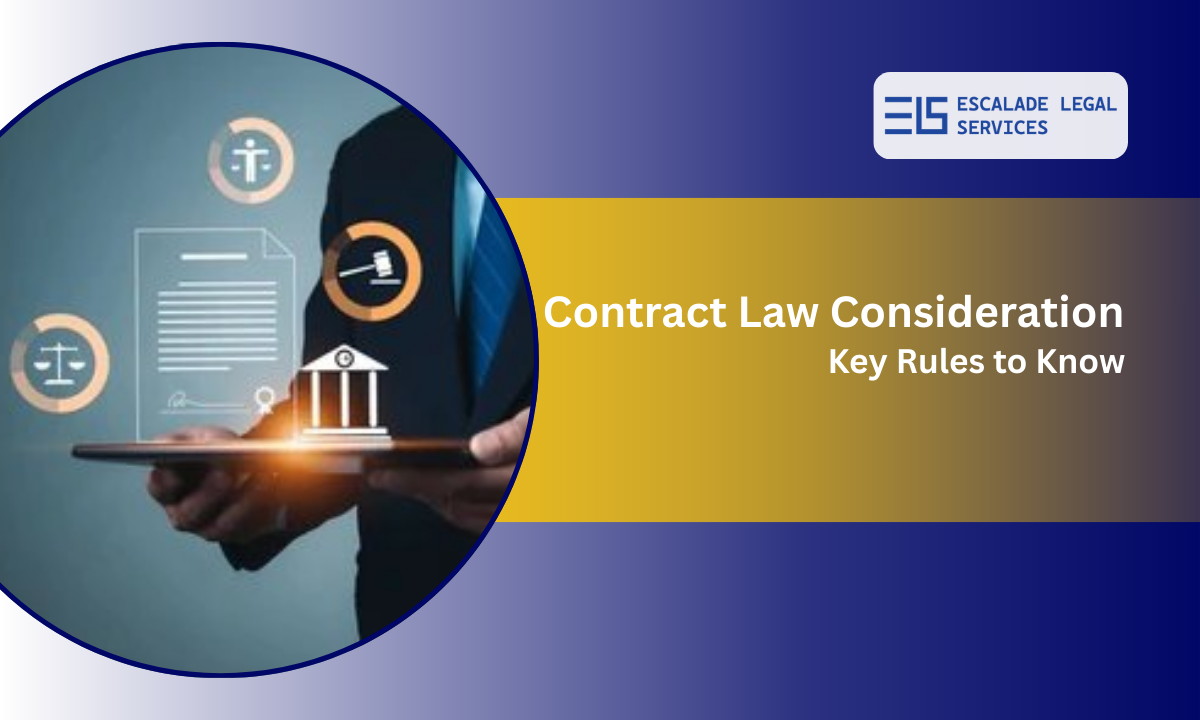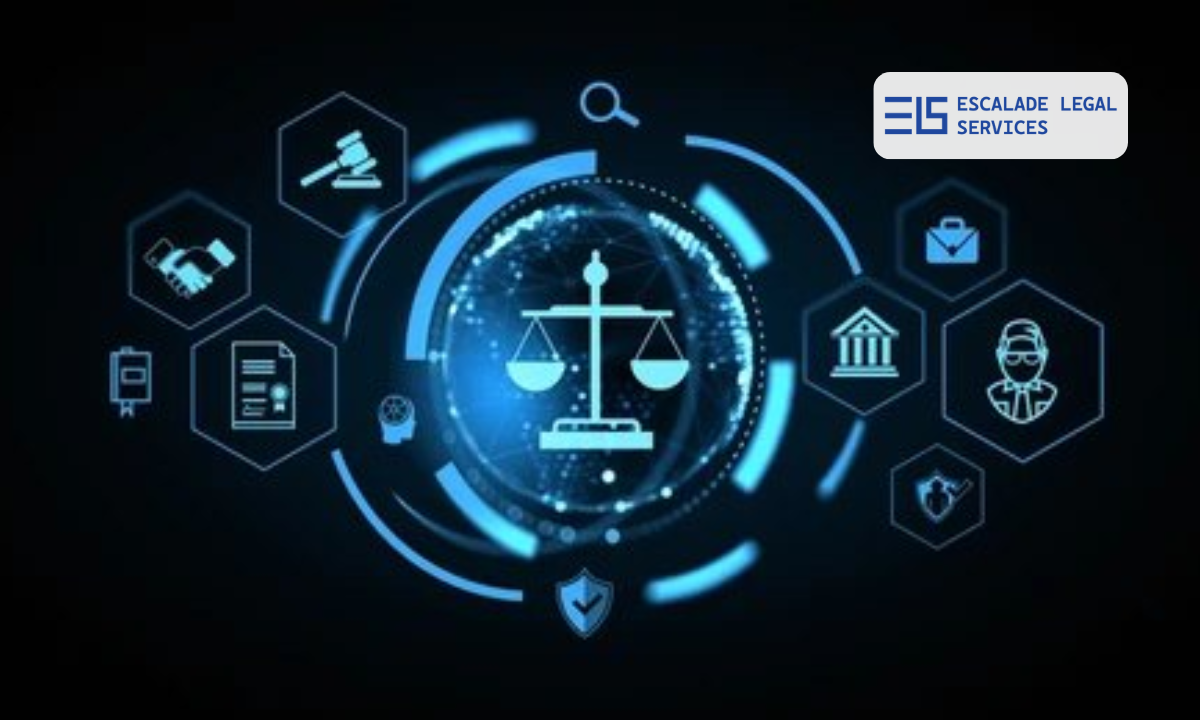Digital assets management has become one of the most critical aspects of modern business operations and personal wealth protection. In today’s technology-driven world, understanding how to protect and manage your digital properties is no longer optional; it’s essential.
Whether you are a startup founder, an established business owner, or an individual creator, your digital assets represent significant value that requires proper legal protection. As a leading IP, IPR law firm in Bangalore, we have witnessed firsthand how businesses struggle when they neglect the intersection of intellectual property rights and digital asset management. What many don’t realize is that a single oversight in this area can cost millions in lost revenue and legal battles.
Understanding Digital Assets
Digital assets meaning extends far beyond just files stored on your computer. We define digital assets as any content or media that exists in digital format and holds value to an individual or organization.
These assets include everything from your company’s website and social media accounts to cryptocurrency holdings and proprietary software. The digital assets also encompass intangible items like domain names, email lists, digital artwork, and online reputation.
Common Digital Assets Types

When we discuss digital asset types, we categorize them into several distinct groups for better management and protection.
Content-based assets include blogs, videos, podcasts, e-books, and digital photographs. These creative works often qualify for copyright protection and represent substantial intellectual property value.
Financial digital assets cover cryptocurrencies, NFTs, digital securities, and online payment accounts. This category has grown exponentially in recent years.
Brand assets include your website, social media profiles, domain names, and online reputation. These assets directly impact how customers perceive your business.
Digital Assets Investment and Taxation
Digital assets investment requires both financial commitment and strategic intellectual property rights planning. We see many businesses invest heavily in creating digital content without securing proper legal protection.
Smart investment means allocating resources not just for creation but also for registration, monitoring, and enforcement of your intellectual property rights. This comprehensive approach prevents costly disputes later.
Digital assets taxation presents unique challenges that require expert guidance from both tax professionals and an IP law firm. Cryptocurrency transactions, NFT sales, and digital content licensing all trigger different tax obligations that we help clients navigate effectively.
Intellectual Property Rights Benefits
The intellectual property rights benefits for digital assets are numerous and substantial. First, IP protection grants you exclusive rights to use, reproduce, and monetize your creations.
These rights create tangible business value. Companies with strong IP portfolios attract higher valuations from investors and potential buyers.
Intellectual property rights benefits also include the ability to license your assets, generating passive income streams. Protection prevents competitors from copying your innovations, maintaining your competitive advantage in the marketplace.
Identifying Intellectual Property Rights Violations
Intellectual property rights violation in the digital space occurs more frequently than most businesses realize. Common violations include unauthorized use of copyrighted content, trademark infringement on social media, and software piracy.
We use advanced monitoring tools to detect when someone misuses our clients’ digital assets. An intellectual property rights violation can severely damage your brand reputation and revenue streams. Swift legal action through a qualified IP lawyer protects your interests and sets precedents that deter future infringement.
Digital rights management combines technological and legal strategies to control how your digital assets are accessed and used. We implement DRM solutions alongside strong intellectual property protection, including encryption, access controls, and licensing agreements.
Why Choose an Intellectual Property Law Firm
Working with a specialized intellectual property law firm provides advantages that general practice lawyers cannot match. We possess deep expertise in both IP law and digital technology.
Our team understands the technical aspects of digital assets management while navigating complex legal frameworks. We handle everything from initial IP registration to litigation if a violation occurs.
As an experienced IP, IPR Law Firm in Bangalore, we help clients choose appropriate protection strategies that balance security with user accessibility. Bangalore’s position as India’s tech hub means digital asset disputes here often set precedents for the entire country.
Building Your Digital Asset Strategy
Successful digital assets management requires a comprehensive strategy that addresses creation, protection, monetization, and succession planning. We help clients develop customized frameworks.
Start by conducting a complete inventory of all digital assets your business owns or uses. This audit reveals what needs protection and identifies vulnerabilities.
Implement clear ownership policies for digital assets created by employees and contractors. Written agreements prevent disputes about who owns what.
Practical Tips for Business Owners
| Action Item | Importance | Frequency |
|---|---|---|
| Digital Asset Audit | High | Annually |
| IP Registration Updates | High | As Created |
| Monitoring for Violations | Critical | Monthly |
| Legal Strategy Review | High | Bi-annually |
Document everything related to creation dates, authorship, and development processes. This documentation proves invaluable if you need to enforce your rights.
Register your intellectual property promptly. Delays in registration can limit your legal options if someone infringes on your rights.
Maintain clear records of all licensing agreements and permissions. These documents define how others can use your digital assets legally.
Common Mistakes to Avoid
Many businesses make critical errors in digital assets management that compromise their intellectual property rights. Using content without proper licensing is a frequent mistake that can result in expensive litigation.
Failing to register trademarks and copyrights promptly leaves your assets vulnerable. Neglecting to include IP clauses in employment contracts means employees might claim ownership of digital assets they created using company resources.
Final Thoughts
Protecting your digital assets through robust intellectual property rights isn’t just good legal practice; it’s an essential business strategy. The value locked in your digital properties often exceeds physical assets on your balance sheet.
As an intellectual property law firm in Bangalore, we have guided hundreds of businesses through the complexities of digital assets management and intellectual property protection.
At Escalade Legal Services, we combine deep legal expertise with practical business understanding to deliver solutions that work. As your trusted IP, IPR Law Firm in Bangalore, we are here to ensure your digital innovations receive the protection they deserve. Don’t wait until infringement occurs; proactive protection is always more effective and less expensive than reactive enforcement.
Contact us today to discuss how we can safeguard your digital future.
Frequently Asked Questions
Q: What qualifies as a digital asset?
A: Any content, media, or property existing in digital format that holds value, including websites, software, cryptocurrencies, digital art, databases, and social media accounts.
Q: Do I automatically own intellectual property rights to digital assets I create?
A: Generally, yes, but registration strengthens your rights and makes enforcement easier. Employment relationships and contractor agreements can affect ownership.
Q: What should I do if someone violates my digital asset rights?
A: Document the violation, contact an IP lawyer immediately, and send a cease and desist notice. Quick action improves your chances of successful resolution.
Q: How long does intellectual property protection last?
A: It varies by type; copyrights typically last 60 years in India, while trademarks can be renewed indefinitely. Patents last 20 years from the filing date.





